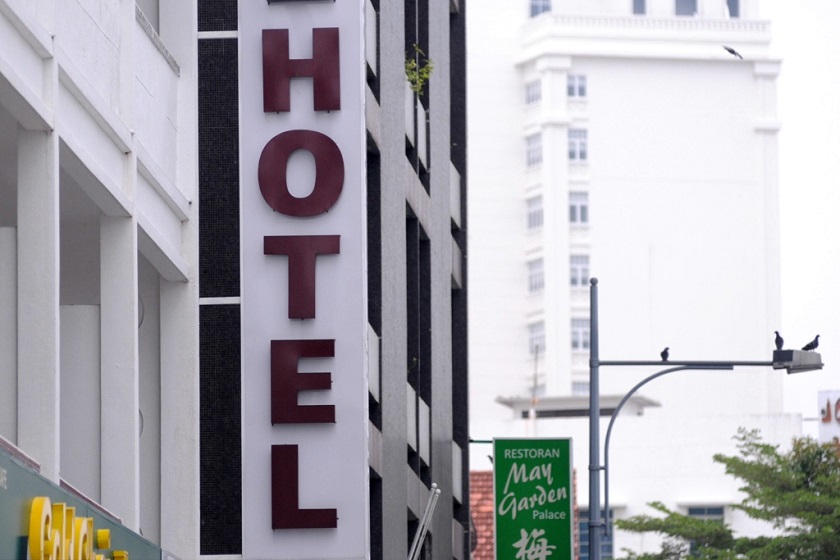KUALA LUMPUR, March 18 — The Malaysian Association of Hotels (MAH) said hotels may only continue serving existing guests and not accept new ones despite being added to the government’s list of essential services for the Covid-19 nationwide shutdown.
MAH president Kamaruddin Baharin said the utmost priority now was to limit the movement of people and contain the spread of Covid-19 within the country, with the Movement Control Order and conditions agreed upon between the Tourism, Arts and Culture Ministry still in effect.
“We are aware that the many are confused with the situation and the directives from the government given such short notice to prepare, but our advice is to look at the bigger picture and focus on containing the spread before the situation gets worse.
“We should all do our part to stop people from moving unnecessarily at times like this,” he said in a statement here.
He reminded hoteliers to limit services to only guests already checked-in before March 18, and to ensure food and beverages are only served in-room.
“All other facilities and services of the hotel are to remain closed. Hotels are also allowed to keep bare minimum staff on premise during the period for critical needs such as security and engineering,” he further added.
These new regulations, known as the Prevention and Control of Infectious Diseases (Measures Within the Infected Local Areas) Regulations 2020, are applicable from today until March 31.
In the March 18 regulations made by Health Minister Datuk Seri Dr Adham Baba, hotels and accommodations are listed as essential services.
Prime Minister Tan Sri Muhyiddin Yassin had said on Monday Malaysia will effectively be hitting pause on all non-essential activities for two weeks from tomorrow (March 18) until March 31 to stop the spread of the Covid-19 virus under a nationwide movement control order.
This order covers the whole of Malaysia, with a ban on public gatherings including for any religious, sports, social and cultural events except for supermarkets, sundry goods stores, markets and other places selling daily necessities or things that people would need for their day-to-day lives.
This is the first time Malaysia has enforced such an order.



















